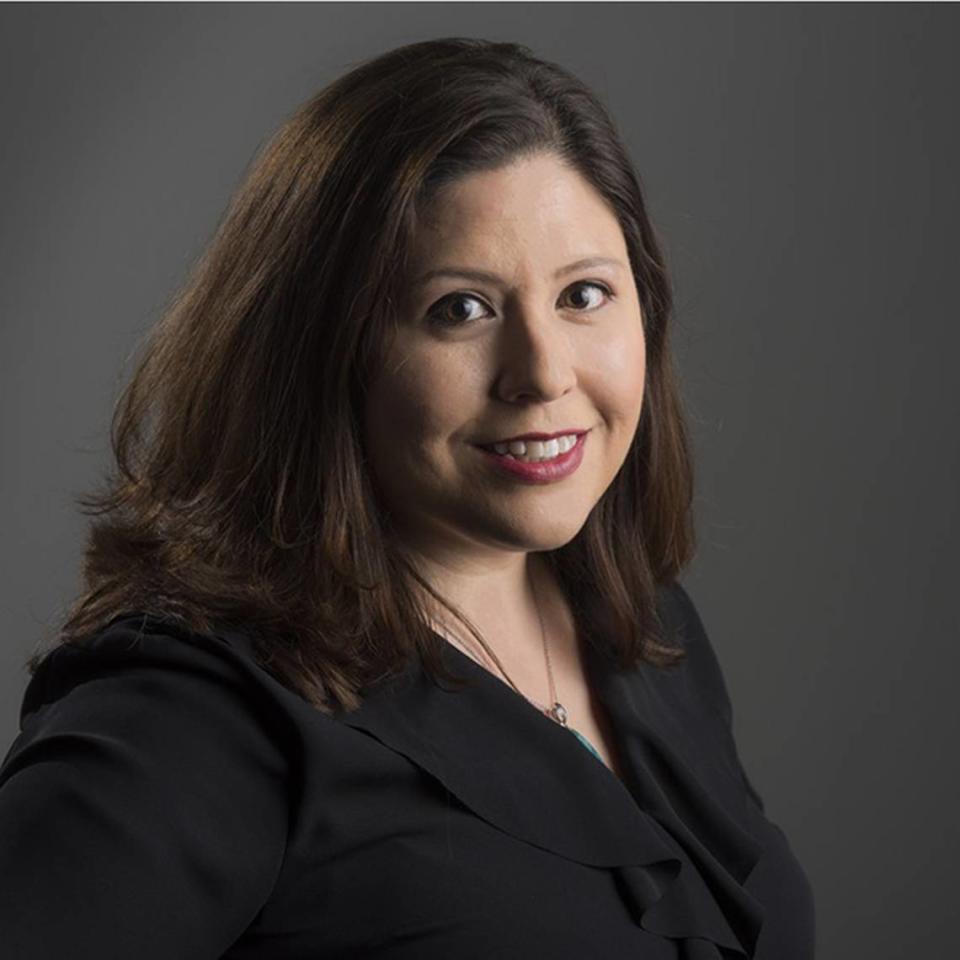Serena Williams’ retirement shows working moms can’t always have it all | Opinion
My younger son will turn 8 in a few days, and for his birthday, he made one request.
It wasn’t for a party with his friends.
It wasn’t for a cool new toy.
It wasn’t even for some electronic device.
Nope, he didn’t ask for any of that. What he wanted most, he told me as I tucked his brother and him into bed on a recent night, was this: For me to take the day off work and spend it with him.
His plea came after I had turned off the lights in his room, and I was grateful for the darkness. Otherwise, he would have seen the panic on my face and known that I had planned to work that day.
I offered the promise that other working parents have uttered in desperate moments: I told him I would do my best.
That conversation happened on Sunday night. On Tuesday, in between scrambling to get three back-to-back interviews completed, I learned that Serena Williams was retiring and had explained why in Vogue. If you haven’t read her words yet, you should.
She shows that even the most impressive among working moms can’t have it all at once, at least not always.
“The way I see it, I should have had 30-plus grand slams,” Williams wrote. “I had my chances after coming back from giving birth. I went from a C-section to a second pulmonary embolism to a grand slam final. I played while breastfeeding. I played through postpartum depression. But I didn’t get there. Shoulda, woulda, coulda. I didn’t show up the way I should have or could have. But I showed up 23 times, and that’s fine. Actually it’s extraordinary. But these days, if I have to choose between building my tennis résumé and building my family, I choose the latter.”
Motherhood doesn’t make you less ambitious
Most working mothers will never know what it feels like to stand in front of a crowd of adoring fans. But many can relate to having a career they’ve invested years of their life into, and maybe even love, and how the urge to excel at it doesn’t just go away when they have kids.
I remember sitting at my desk one night, writing a breaking news story, shortly after I had my first child and returned from maternity leave. My body was telling me I needed to pump, but my mind was telling me I needed to get quotes and details about the incident. As I typed, my breasts ached and my milk leaked.
I left the office that night with a scarf wrapped around my soaked blouse, but I didn’t regret my decision. I would have regretted not delivering that story in a timely manner.
As moms, we’re expected to want to give every bit of our energy to our children. Don’t get me wrong, I give plenty to mine. But my work is important to me, and they know that. I used to think that work-life balance meant splitting your time 50-50. But I now realize that it is an ever-shifting formula that varies by day and year and person.
When I read Williams’ piece, I thought about the leave I took from journalism for a year and a half. My second son had just been born and my husband and I decided to move overseas for his job. It was the right decision for our family at the time, but it was also a hard one for me. At the time, everyone was talking about “leaning in” and there I was, leaning out.
Williams’ situation is, of course, unique because the job she is leaving is an intensely physical one and she is now in her 40s and wanting to expand her family. But the angst she confesses to feeling about her decision is a mental wrestling match that is undoubtedly familiar to many working parents.
“There is no happiness in this topic for me,” Williams wrote. “I know it’s not the usual thing to say, but I feel a great deal of pain. It’s the hardest thing that I could ever imagine. I hate it. I hate that I have to be at this crossroads.”
She wrote that she is “evolving away from tennis, toward other things that are important to me.”
Most working moms, of course, can’t “evolve” away from their jobs to focus on their families. They need the paycheck. But that word choice is empowering. It offers others permission to choose one over the other at times, or switch jobs, and to not see it as a failure but rather as growth.
It eases the guilt that so many of us carry if we take that day off and if we don’t.
Theresa Vargas is a local columnist for The Washington Post.


 Yahoo Movies
Yahoo Movies 
